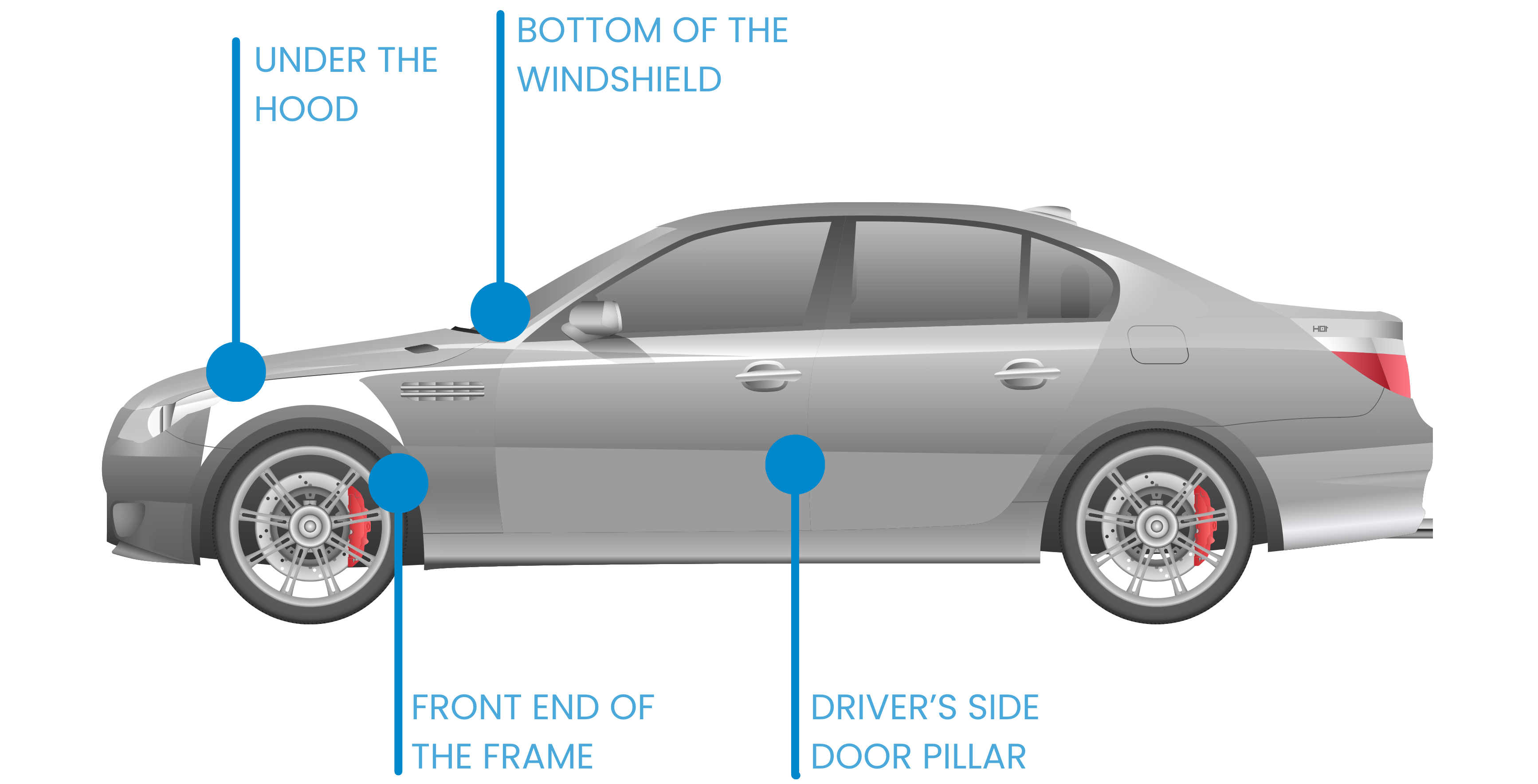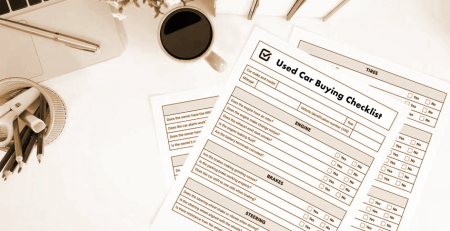How to Check If a Car Is Stolen Before Buying (Step-by-Step Guide)

Buying a used car can be exciting, but it also comes with risks—one of the biggest being accidentally purchasing a stolen vehicle. If that happens, you could lose both the car and your money. The good news is that there are tools to help you check a car’s history before you buy.
If you’re looking for a free way to verify a car’s history before buying, there are several options to help you avoid trouble. We’ll show you how to use the NICB stolen vehicle lookup for a quick and easy check.
Start your VIN search today to ensure you’re making a safe and informed choice!
Common Signs a Car Might Be Stolen
| Price Seems Too Good to Be True | If it’s way cheaper than similar cars, something’s probably off. Check car price estimators like KBB and J.D. Power if you’re unsure. |
| No Paperwork | A seller who won’t show a title or has sketchy registration is a red flag. |
| Messed-Up VIN | Scratched-off, altered, or missing VIN numbers? Walk away. |
| Cash-Only Deal | If they insist on cash and refuse other payment methods, they might be hiding something. |
| Weird License Plates | If the plates don’t match the state or seem tampered with, be cautious. |
| No Vehicle History Report | If they won’t give you the VIN to check the car’s history, that’s a bad sign. |
| Odd Paint Touch-Ups | Fresh paint in unusual spots (like around the VIN or door jambs) could mean they’re covering something up. |
| Damaged Ignition | A broken or replaced ignition could mean the car was stolen and hotwired. |
| Shady Seller Behavior | If they avoid questions, seem in a hurry, change meeting spots at the last minute, or refuse to meet at a police station, don’t risk it. |
Risks of Buying a Stolen Vehicle
Before we dive into how to check if a car is stolen, let’s first look at the risks of buying one:
- Financial Loss – Most insurance companies won’t cover stolen cars, so you’d be out of luck.
- Ownership Problems – A stolen car won’t have a legit title, meaning you can’t register it legally.
- No Warranty or Service – Dealerships and manufacturers won’t honor any warranties or service plans on a stolen car.
- Resale Headaches – Trying to sell a stolen car is illegal, and you could face fines or lawsuits.
- Safety Concerns – Stolen cars might be in bad shape due to accidents, poor maintenance, or tampering.
- Car Could Get Impounded – If law enforcement finds out, they’ll take the car on the spot, leaving you with nothing.
How to Check If a Car Is Stolen (for Free)
1. Use the NICB Stolen Vehicle Lookup
The National Insurance Crime Bureau (NICB) offers a free stolen car lookup tool to check if a car has been reported stolen. Here’s how to use it:

- Go to the NICB website.
- Find the “VINCheck® Lookup” tool.
- Enter the car’s VIN (Vehicle Identification Number).
- Click “Search VIN” to see if the car has been flagged as stolen or salvaged.
This tool gathers info from law enforcement and insurance companies, making it a quick way to check a car’s status.
2. Check the Car’s Title and Registration
Even if the NICB check comes back clean, you should still verify the title and registration to double-check that nothing has been missed. Here’s what to do:
- Ask the seller for the car’s title and make sure the name matches their ID.
- Check for anything suspicious, like duplicate or altered titles.
- Try another VIN check service for a second opinion. They might have info that’s not in the NICB database.
Doing these checks can help you avoid buying a stolen or problematic vehicle.
3. Verify the VIN on the Vehicle

To ensure the car’s authenticity, compare the VIN plate with the documents. You may find the VIN in the following areas:
- The dashboard (visible through the windshield)
- The driver’s side door frame
- The engine bay
- The car’s title and registration
- The spare tire well (in some vehicles)
- Under the hood, near the radiator support
- Inside the glove compartment (certain models)
- On the frame or chassis (for trucks and SUVs)
If the numbers don’t match or appear tampered with, this could be a red flag for vehicle theft.
4. Contact Local Law Enforcement
If you’re still unsure about a car’s status, check with your local police department. Many offer a free stolen car lookup service and can tell you if the car has been reported missing.
What to Do If a Car Is Stolen
If you find out a car is stolen, here’s what you should do right away:
✔ Don’t buy it. If you suspect a car is stolen, just walk away. It’s not worth the risk.
✔ Call the police. If you already bought the car and later find out it’s stolen, report it immediately. Also, let your insurance company know.
✔ Don’t resell it. Selling a stolen car, even by accident, can get you into legal trouble.
✔ Check with the DMV. They can confirm the car’s title and registration history.
✔ Run a VIN check. Use a trusted service to see if the car has been reported stolen.
✔ Keep records. Save all documents, messages, and receipts related to the car.
✔ Talk to a lawyer. If you unknowingly bought a stolen car, getting legal advice can help you understand your options.
Final Thoughts
Before buying a used car, it’s important to check if it’s stolen to avoid scams, losing money, or getting into legal trouble. The easiest way to do this is by using the NICB stolen vehicle lookup—it’s free and quickly tells you how to check if a car is stolen or marked as salvage.
Play it safe—check your vehicle’s condition before buying! Use the NICB stolen vehicle lookup!

